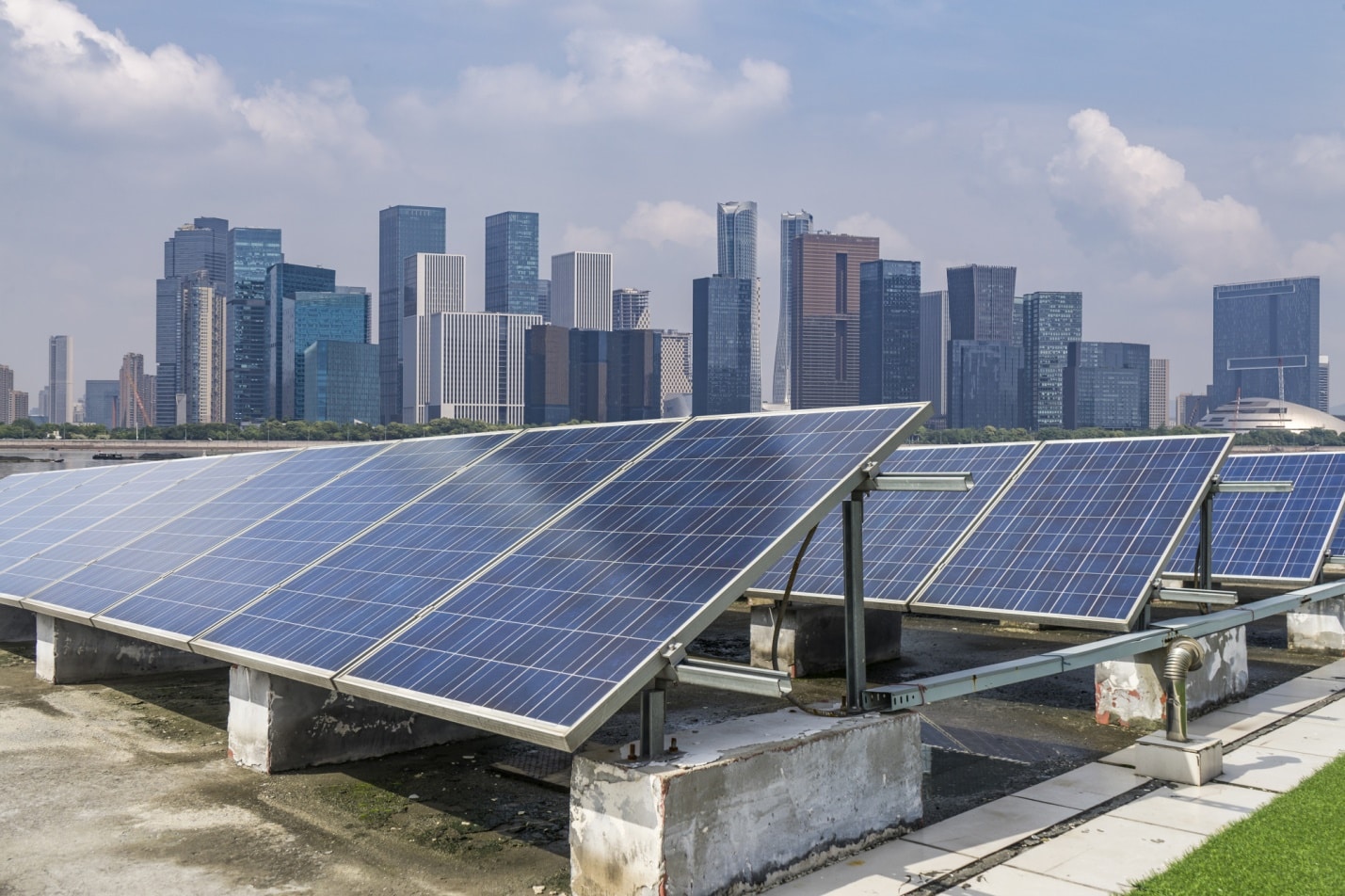Are you looking for an environmentally-friendly way to satisfy your electricity needs?
It’s surprisingly hard to determine exactly how green solar energy generation is. There are all kinds of factors that go into calculating its environmental impact. Determining all of them can be a big challenge for most people.
Even so, the environmental benefits of switching to solar energy are still easy to understand. We’ll walk you through a few of them in this article.
1. Cutting Carbon Emissions With Solar Power
Solar power is an effective and clean way to reduce carbon emissions and help improve the environment. Solar energy is a renewable power source and does not release any harmful emissions in its production or use.
As a result, it is a key source of clean energy that can help reduce the overall carbon footprint. Solar energy can also provide a more consistent energy supply, allowing people and businesses to reduce their dependence on energy sources that generate carbon emissions.
For example, in areas where the sun is abundant, solar panels can be used to generate electricity, helping to reduce the demand for electricity from non-renewable sources. Additionally, solar energy can be stored in energy storage systems and help reduce electricity costs and the need to rely on fossil fuels.
Solar energy also helps reduce water consumption, as traditional energy sources don’t require water for an operation. Overall, reducing carbon emissions with solar power is an important step in helping to reduce the impacts of climate change, and adopting solar power is an important way to join the fight against climate change.
2. Reducing Pollution Through Solar Energy
Solar energy can also provide a healthier environment by reducing environmental pollution because it does not produce any emissions during electricity production. In addition, transitioning to solar energy reduces the consumption of natural resources like:
- coal
- gas
- oil
- uranium
These are used to create conventional electricity. Moreover, solar energy reduces the release of toxic chemicals and metals like mercury, sulfur dioxide, and nitrogen dioxide, which can be harmful to:
- humans
- plants
- animals
Additionally, using solar energy can save water resources, which can help reduce water pollution. Solar energy is a great way to reduce pollution. Solar energy works by converting sunlight into electricity. This cuts down on the need to generate electricity from burning fossil fuels.
Burning these fuels emits gases that contribute to global warming, such as:
- methane
- carbon dioxide
By reducing the need to burn these fuels, we reduce the number of pollutants released into the environment.
3. Clean Solar Power to Protect Wildlife
The world is facing an environmental crisis, and it has become increasingly important for us to use more sustainable energy sources. Clean solar power is an excellent way to protect wildlife and the environment.
By utilizing solar energy, fewer greenhouse gases are released into the atmosphere. This helps reduce the negative impacts of climate change. Additionally, solar energy does not require water for cooling, another important factor for protecting wildlife, which can suffer when fragile aquatic habitats are compromised.
Solar energy has a wide range of applications, making it possible to power homes, businesses, and vehicles without damaging the environment. With clean and renewable energy sources like solar energy from Blue Raven Solar, society can move towards a cleaner future while still protecting the planet’s wildlife.
4. Financing the Future of Renewable Energy With Solar Energy
Solar energy financing is a popular and growing form of renewable energy investment that combines the following:
- technology
- policy
- investment
This makes solar energy more accessible and affordable. Financing the future of renewable energy with solar energy has immense benefits for the environment.
Not only can it reduce air and water contamination from fossil fuels, but it also acts as a buffer against climate change. Solar energy requires minimal water consumption, and because it can operate with little maintenance, it helps reduce the environmental impact associated with energy sources like coal.
Solar energy financing also can help create tens of thousands of new jobs in the green energy sector. The costs of solar energy have dramatically decreased over the past few years. With the help of financing, these costs can now be realistically disputed over many years with no spikes in pricing, which increases the chances of widespread adoption.
5. Minimizing Land Use & Environmental Waste Impact
Solar energy is a great way to minimize our land use and environmental waste impact. By utilizing renewable energy sources such as solar, we can reduce the negative impact land development and exploitation can have on our environment.
Solar energy requires very little land or soil to be used in its production and emits no pollutants into the atmosphere. Solar energy is a much more sustainable energy source than traditional energy sources.
It produces no waste, so toxic substances do not contaminate our landfills and water sources. Best of all, using solar energy positively impacts global warming since solar energy is a clean energy source that produces no carbon dioxide or other greenhouse gases.
Read More About Solar Energy
Solar energy offers many environmental benefits, from reducing CO2 emissions to conserving precious resources. It’s a clean, renewable energy source, helping to reduce our dependence on other sources of energy that generate air pollution.
With all these benefits in mind, now is the perfect time to start exploring how solar energy can power your life. Visit SolarJuice to learn more about the tremendous benefits that solar energy can provide.
Did you find this article helpful? Check out the rest of our blog for more!








